Cats have quite a reputation!We hear all kinds of claims about cats in pop culture, books, and television. But how do you separate fact from fiction?
It’s our job as cat lovers to clear the record and bring justice to our feline friends.
Keep reading to learn about the 5 biggest cat myths that have been debunked.
1. Cats don’t love their owners as much as dogs
There is this huge misconception that dogs love their owners more than cats do.
This couldn’t be farther from the truth – cats form just as meaningful relationships with their humans as dogs do.
This is a dangerous myth people have been spreading for quite some time now.
Cats simply express emotion differently than dogs. But that doesn’t mean they love us any less!
We just need to learn their language. Cats are more subtle with how they express love and affection for their owners.
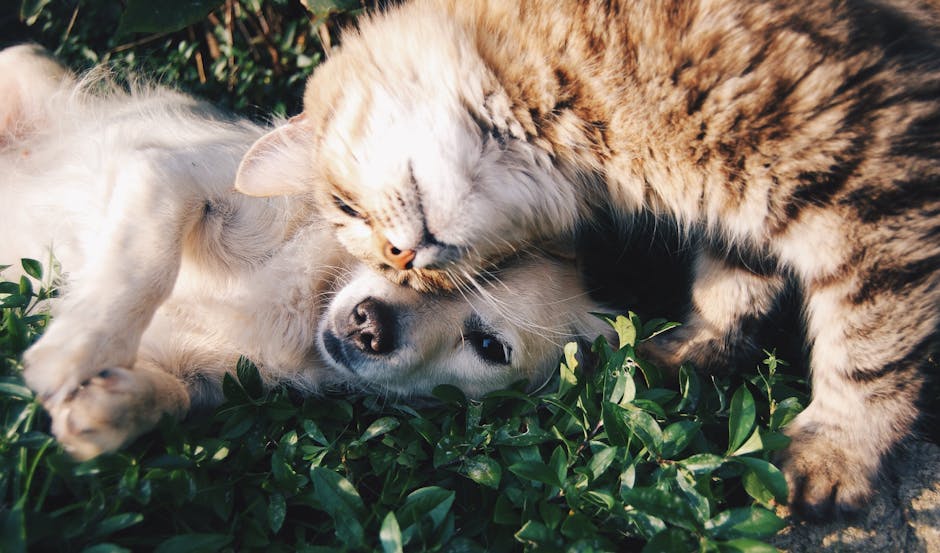
Cat Love Language: When a cat’s name is called by their owner, they recognize their owner’s voice and their pupils dilate with excitement.
Cats also demonstrate affection by simply choosing to be close to you. Even sleeping with you at night is an incredible sign of trust – it means your cat relies on you for protection.
In addition to quality time and cuddles, it’s no surprise that cats love to receive love in the form of food!
Studies show that cats know receiving food from their owner is a sign of love and they reciprocate.
And another study finds that cats prefer quality time with their owners over eating food!
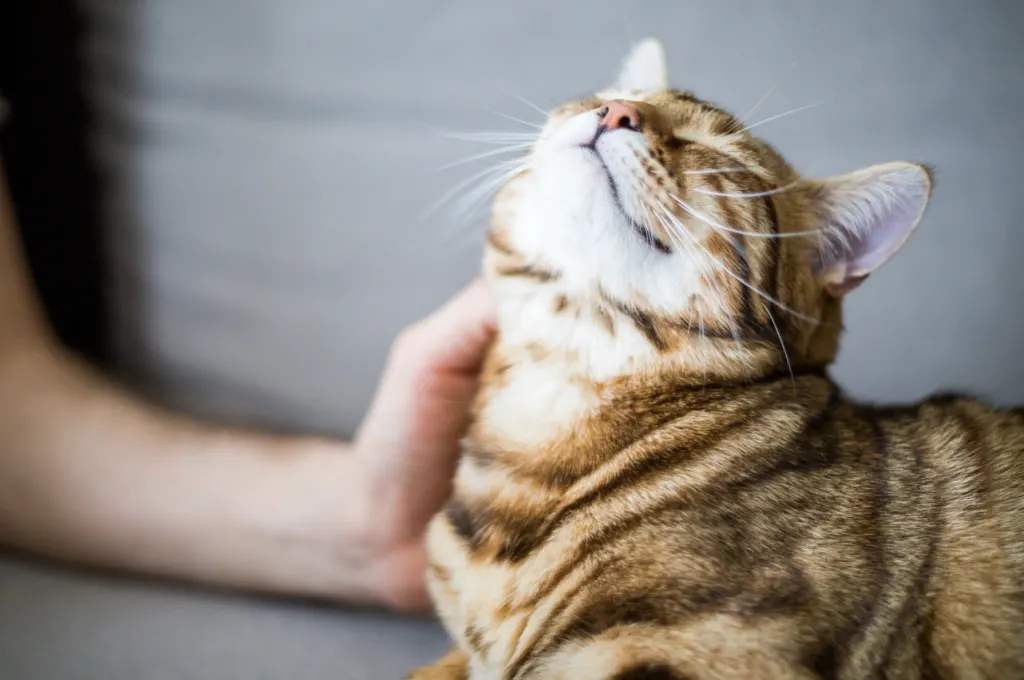
2. Cats always land on their feet
Contrary to popular belief, cats don’t always land on their feet. Cats can actually hurt themselves very badly if they fall in the wrong position.
In fact, cats are more likely to injure themselves falling from low heights rather than high ones because they don’t have the time to twist their bodies into a safe a landing position.
According to the Animal Medical Center, “high rise syndrome” is the term used to describe fractures, sprains, and other injuries from accidental falls.
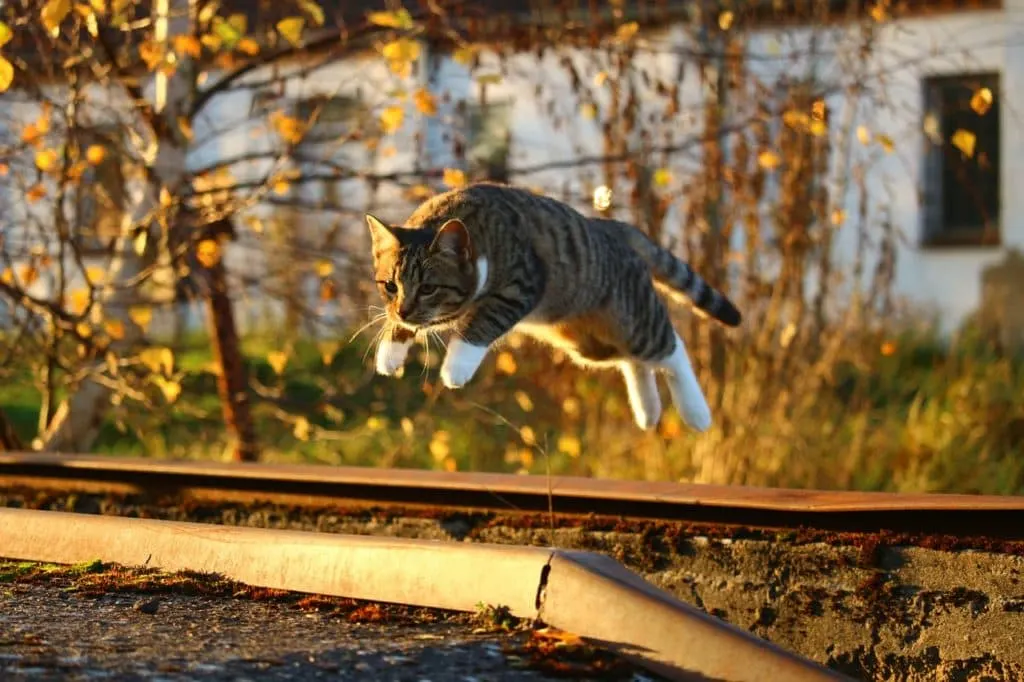
3. Cats can’t be trained
Also not true! Cats are extremely intelligent and are just as capable of being trained as dogs. The difference between training a cat and training a dog is the incentive.
For dogs, human attention is rewarding enough – cats need more than just your attention.
Food is the best and only training incentive for cats.
Cats also need to train in short 10-15 minute intervals, otherwise they’ll get bored and walk away.
Trying to train an uninterested cat can frustrate it, and ultimately discourage it from being trained.
In conclusion, cats enjoy training time because it means eating delicious treats and spending quality time with their favorite companion – you!
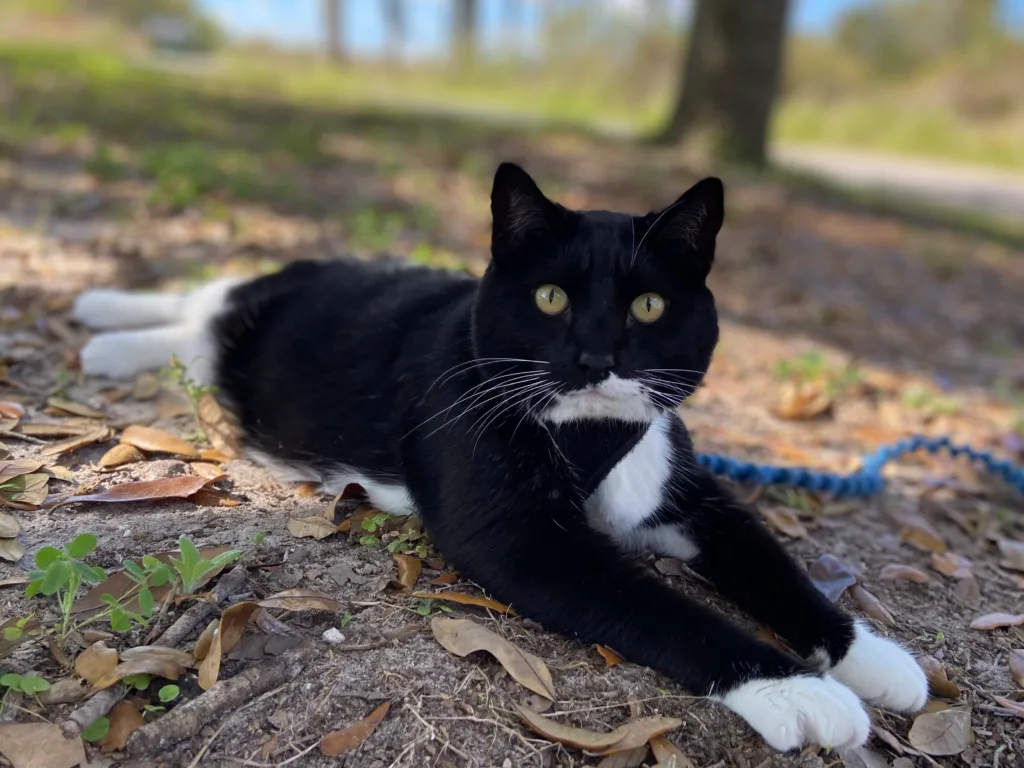
4. Indoor cats can’t get diseases
False! Indoor cats are certainly less likely to get diseases compared to outside cats, but they are still at risk of disease.
Scientists at Cat Fanciers’ Association reveal that cats can get sick from airborne germs or germs that travel in on their owner’s clothing.
Be sure to schedule regular visits with your vet to make sure your kitty is in tip-top condition.
Indoor cats are also susceptible to disease when a new cat or kitten is introduced to your home. Kittens and cats that are not adopted from a shelter will almost certainly have worms.
Always have your new cat or kitten screened for FIV, leukemia, and worms before introducing them to your cat at home.

**AUTHOR’S TIP** If you’re considering adopting a new kitty, I strongly recommend going to your local shelter!
Adopting a cat from an animal shelter will cost money, but it is well worth it when you consider everything that adoption fee covers.
Shelter cats have already been screened for harmful diseases, neutered/spayed, and de-wormed so you don’t have to worry about exposing your existing kitty to any diseases.
Shelters take care of the hard part for you!
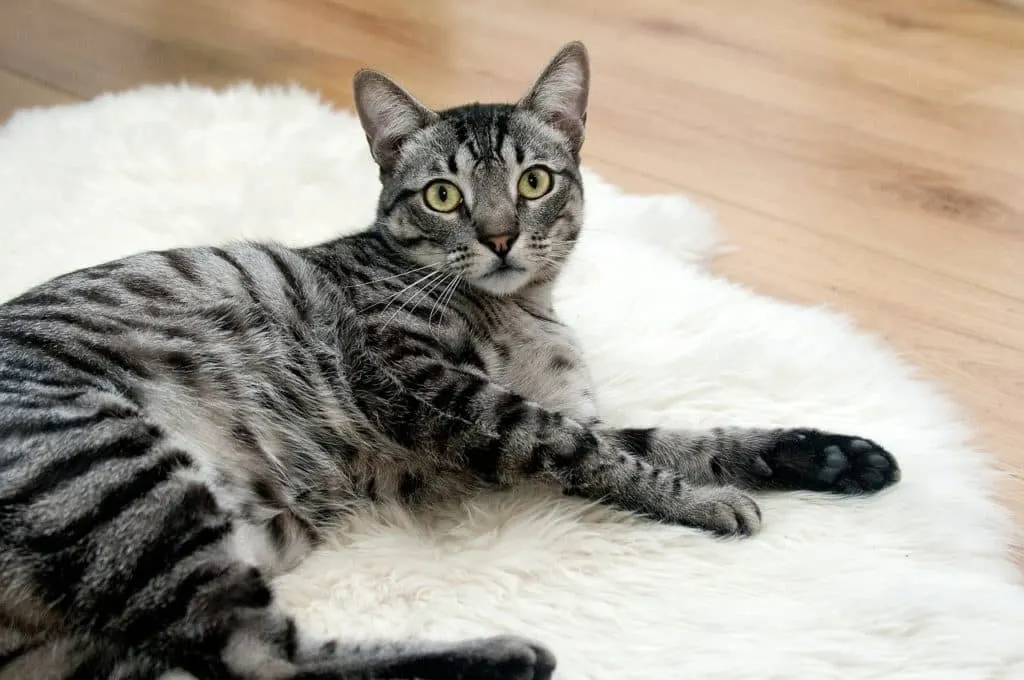
5. Cats only purr when they’re happy
This is a dangerous assumption – cats also purr when they’re in severe pain or suffering from a serious injury. It all depends on the context.
While cats do purr when they’re happy, they also purr when they’re in declining health. Pay attention to the context of your cat’s purrs to determine what it means.
Most of the time, your kitty is purring because he/she loves you and enjoys your company (or chin rubs). However, if you notice your cat is purring in unusual circumstances, you should see a veterinarian immediately.
Have you heard any other myths about cats? Leave me a comment and let me know!
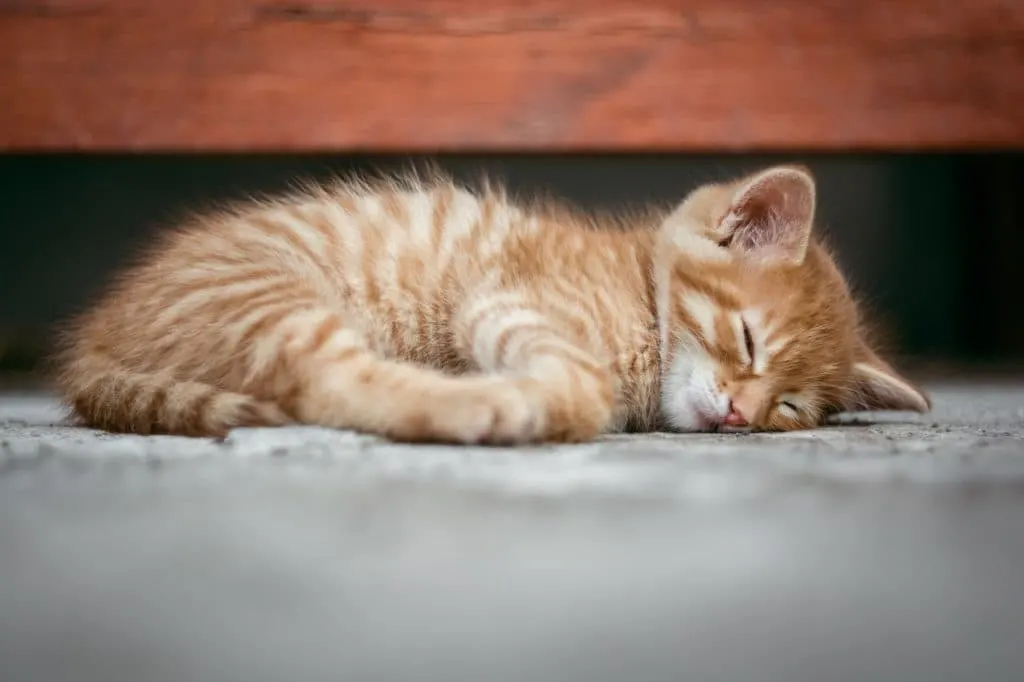
- READ MORE: What Is Your Cat’s Secret Love Language?
- READ MORE: 10 Signs Your Cat Really Loves You
- READ MORE: 7 Signs Your Cat Is Happy


CHRISTINE Dennis
Thursday 1st of July 2021
They keep on saying that Black KITTIES are Bad LUCK well they are not, they're TOTALLY LOVEABLE ETC. Just like any other FURRKITTIES. I know that this is TOTALLY NOT TRUE!!!!!!
Cindy
Sunday 3rd of November 2019
I love this site.. Thank you God bless..
Chlaire Clark
Saturday 27th of July 2019
Unbelievable! But unfortunately people do still believe that cats suck the breath out of a baby. That stems from long ago before "Sudden Infant Death" was recognized. No one knew about that Syndrome, so innocent kitties got blamed. Its a terrible shame that some people are STILL so behind the times.
Judy
Monday 25th of February 2019
I always heard that a cat will "suck the breath out of a baby". (I know it's not true, but some people still believe this)
Chlaire Clark
Saturday 27th of July 2019
Unbelievable! But unfortunately people do still believe that cats suck the breath out of a baby. That stems from long ago before "Sudden Infant Death" was recognized. No one knew about that Syndrome, so innocent kitties got blamed. Its a terrible shame that some people are STILL so behind the times.
Diane
Saturday 15th of September 2018
My cats love me very much. They rub on me. Sleep on me butt heads with me. They love me as much as a dog would